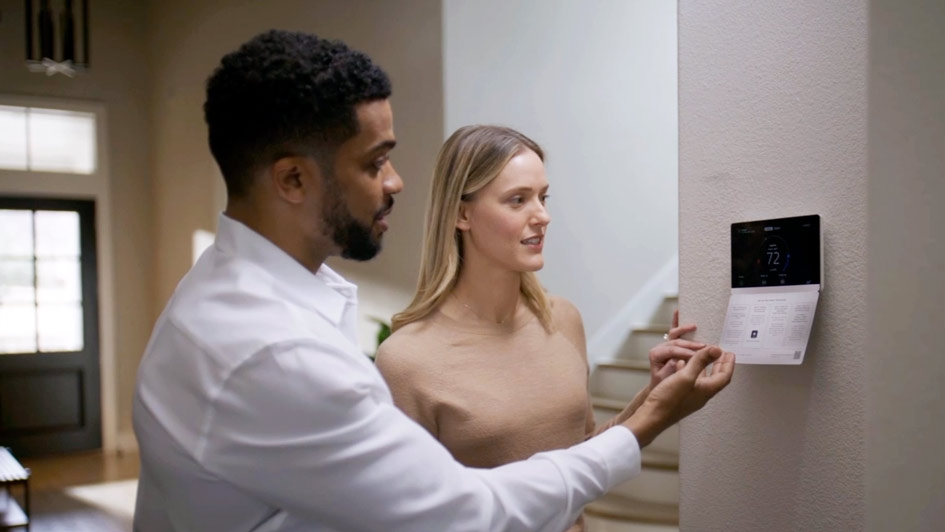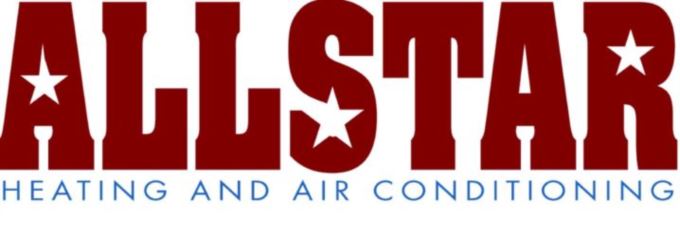
Completing the search for your first home is an exhilarating experience. You’re probably trying to keep track of numerous details about making the right choice. We believe that understanding your potential new HVAC system is crucial. The property’s HVAC system represents a substantial investment and potential source of long-term costs, which is why due diligence helps all first-time homebuyers.
In the following guide, we’ll outline seven tips for learning everything you can about a home’s heating and cooling system. And if you want a more in-depth opinion from the experts, feel free to call Allstar Heating & Air Conditioning. Our experienced team can share details about your options with industry insights that are second to none.
1. What Type of HVAC System Is It?
Start by identifying what kind of HVAC system the home features. Furnaces generally last longer compared to air conditioners, and newer types of HVAC products like heat pumps boast average life spans that are impressively long. Getting the details on the make and specific model ensures you have a clear idea of how much maintenance it will require.
2. What Is the Current System’s Age?
Another good idea is to find out how old the HVAC system is when you're considering a new home. For the most part, HVAC systems last about 10-12 years. Knowing when it was installed helps you anticipate future maintenance needs or considerations if it might eventually stop working. Older systems are at a higher risk of problems, so budgeting for a replacement unit might be needed faster than expected.
3. What Does the Warranty Cover?
Don’t forget to look into whether the HVAC system is covered by a warranty. If it is, you’ll appreciate how it can assist with maintenance costs. HVAC warranties typically include parts and labor, but specifics will vary. Review any terms you don’t recognize to ensure you understand your coverage and any possible out-of-pocket costs.
4. Has the System Ever Been Professionally Serviced or Maintained?
Next, examine the maintenance history of the HVAC system, if this kind of history is available. This service history can demonstrate if the repair needs are high or how often maintenance is performed. You should at least try to track down a history of key tasks such as changing the air filter, which means it enjoyed more regularly scheduled tune-ups.
5. Do You Know Its Energy Efficiency Ratings?
Selecting a system with great energy efficiency isn’t just smart; it leads to more manageable utility bills and less of an impact on the environment. Check out the seasonal energy efficiency ratio (SEER) ratings for air conditioning along with the annual fuel utilization efficiency (AFUE) for furnaces. Higher SEER ratings mean better cooling across the entire season, while strong AFUE ratings indicate that the fuel is more effectively burned for useable heat.
6. Can You Spot Trouble After Completing an Informal Inspection?
Even without the know-how of an HVAC technician, you should still inspect the HVAC system on your own. Watch closely for signs of problems that haven't been mentioned by the seller. This might consist of odd sounds, stubborn patches of the house that are too hot or cold and attempts to cover up any serious damage.
7. Is an Experienced HVAC Technician Available to Help?
If you're still hesitant to make an offer because of the current state of the HVAC system, it's beneficial to get a professional opinion from certified HVAC technicians. They can spot things you might miss, such as refrigerant leaks, damage to the wiring or damaged ductwork.
A Chat with Allstar Heating & Air Conditioning Simplifies Your Home-Buying Journey
Choosing your first home ought to be exciting, and Allstar Heating & Air Conditioning can ensure it stays that way. Connect with us at 805-242-9638. We can discuss how our HVAC services give you peace of mind, giving you what you need to step into your new home with confidence.
